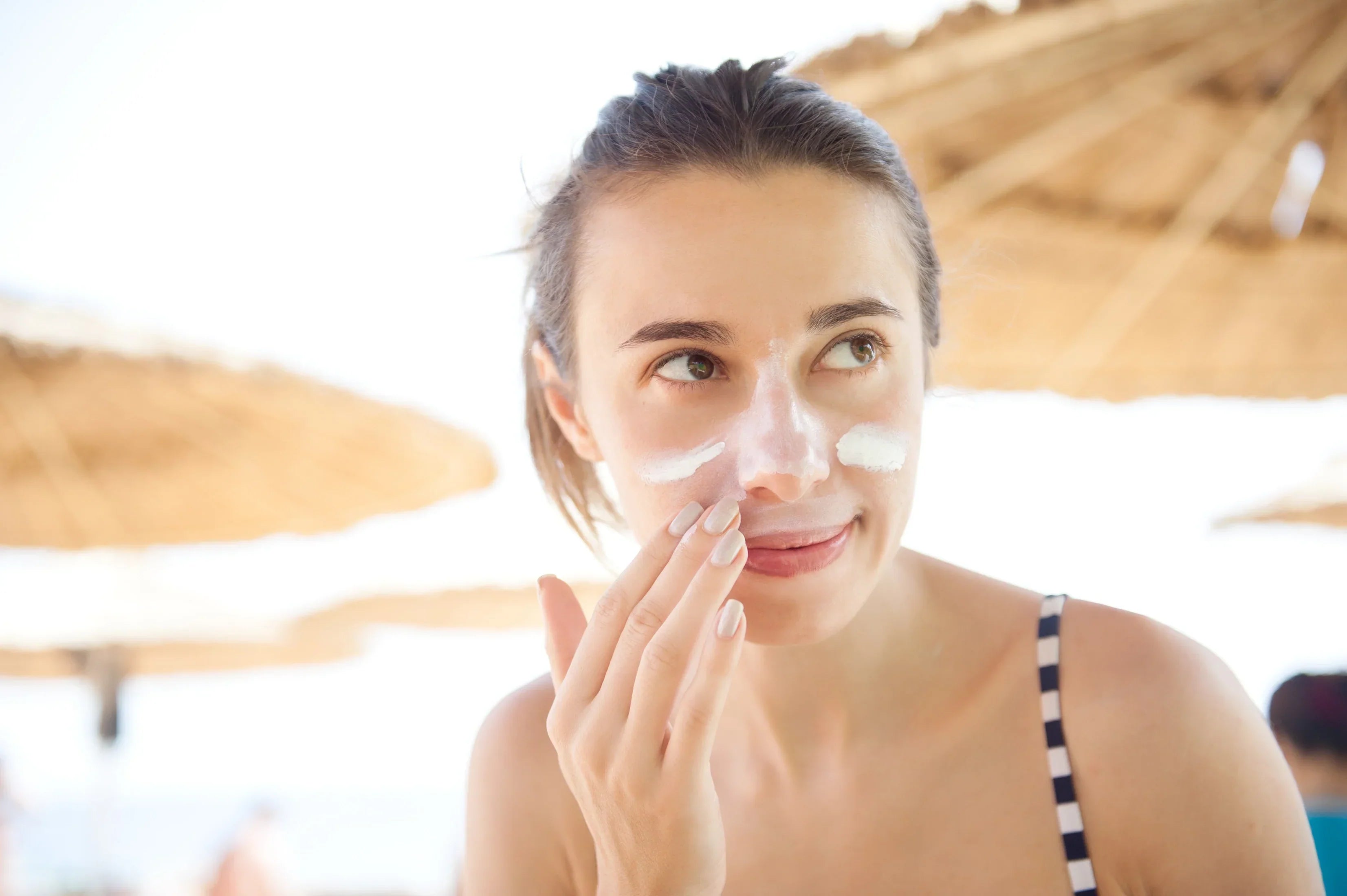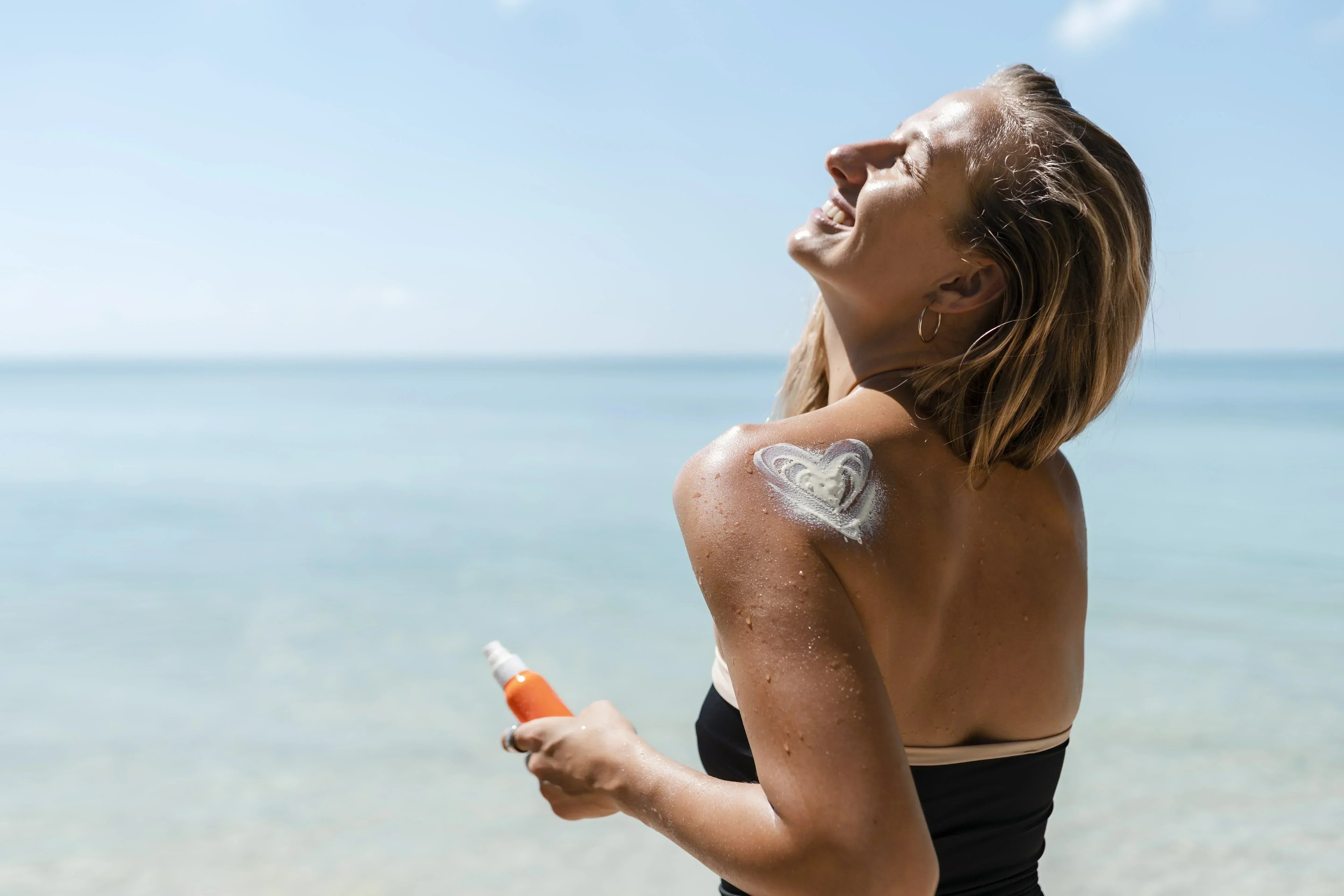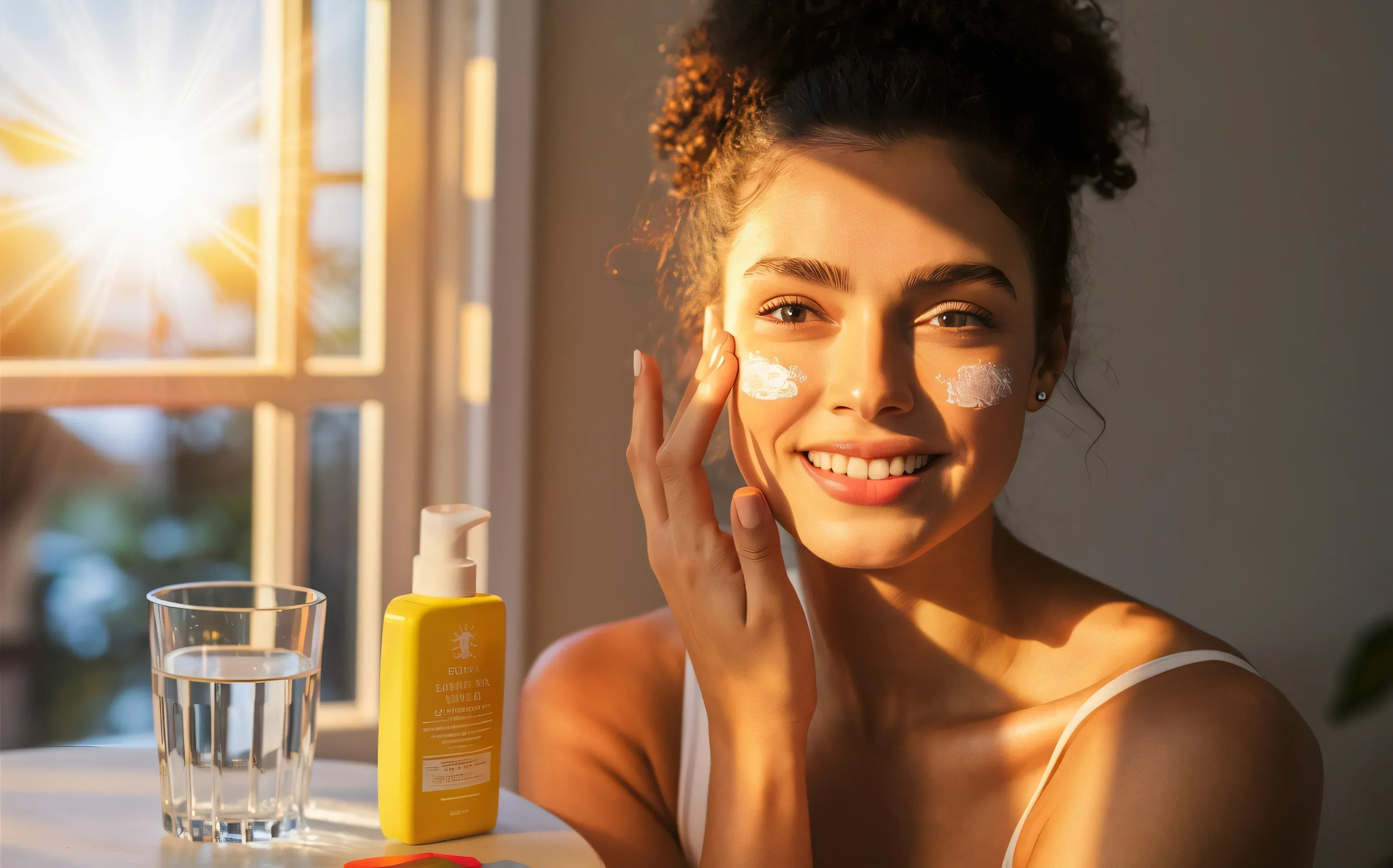
Sunscreen or Moisturiser: What to Apply First?
Unsure what to apply first, moisturiser or sunscreen? Learn the correct order for your skincare routine to maximize hydration and UV protection, especially in Dubai's intense climate. Get expert tips on choosing the right products...
When it comes to skincare, a common question is “should you apply moisturiser before sunscreen, or the other way around?” While it might seem like a small detail, the order in which you apply these products can significantly affect their performance. Understanding the right application method ensures your skin stays hydrated, protected, and healthy, especially in regions like Dubai, where intense sunlight and dry air can take a toll on skin health.
Dermatologists often get asked the same question: “Which comes first, moisturiser or sunscreen?” While it might seem like a minor detail, the correct order can significantly boost the effectiveness of both. And when you’re dealing with Dubai’s harsh sun and low humidity, your skin deserves every bit of protection it can get.
Why the Order Matters
Moisturisers and sunscreens serve different functions and have distinct formulations. Moisturisers are designed to hydrate the skin and lock in moisture, while sunscreens create a protective barrier against UV rays. If applied in the wrong order, you might dilute the effectiveness of one or both products.
The general skincare rule is:
-
Moisturiser first – to hydrate and prep the skin.
-
Sunscreen last – to form an unbroken shield against UV damage.
The Science Behind the Application Order
Sunscreens, especially those based on minerals, work by forming a physical layer that reflects and blocks UV rays. If you put moisturiser on top of sunscreen, you risk disturbing that barrier. On the other hand, applying moisturiser before sunscreen allows your skin to absorb hydration, and then sealing it with sun protection ensures nothing compromises the SPF’s effectiveness.
Think of sunscreen as your skin’s armour; it needs to be the last layer you put on before stepping outside.
Dubai’s Climate and Why It Matters
Dubai’s year-round sunshine and high UV index make sunscreen a daily essential—not just for beach days, but for everyday outdoor activities. The combination of intense heat, dry air, and occasional sand-laden winds means your skin needs both adequate hydration and strong UV defence.
Here’s how the Dubai climate impacts skincare:
-
High UV exposure: Increases the risk of sunburn, premature ageing, and hyperpigmentation.
-
Dry air: Can dehydrate skin quickly, making a good moisturiser essential.
-
Heat and humidity changes: Can affect how products absorb and feel on the skin.
Choosing the Right Moisturiser for Your Skin Type
Your moisturiser should suit your skin’s needs so it layers well under sunscreen:
-
Dry skin: Opt for rich creams or oils with ingredients like hyaluronic acid, ceramides, or glycerin.
-
Oily skin: Go for lightweight, oil-free gels or lotions.
-
Combination skin: Use a balancing moisturizer—lightweight but still hydrating.
-
Sensitive skin: Choose fragrance-free, hypoallergenic formulas.
Selecting the Right Sunscreen Formula
Not all sunscreens are created equal. For Dubai’s climate, look for:
-
Broad-spectrum protection (UVA + UVB)
-
SPF 30 or higher for daily use
-
Water-resistant formulas for long-lasting wear
-
Non-greasy texture to avoid discomfort in heat
You can choose between:
-
Chemical sunscreens: Absorb UV rays and are often lightweight.
-
Mineral (physical) sunscreens: Use zinc oxide or titanium dioxide to reflect rays, great for sensitive skin.
How to Apply Moisturiser and Sunscreen Correctly
-
Cleanse your face to remove oil, dirt, and sweat.
-
Apply moisturiser and allow it to fully absorb (about 1–2 minutes).
-
Apply sunscreen generously—about a teaspoon for your face and neck.
-
Reapply sunscreen every 2 hours when outdoors, and immediately after swimming or sweating.
Special Tips for Dubai Residents
-
Use sunscreen even indoors if you’re near windows UV rays can penetrate glass.
-
Hydrate your skin well at night to counteract the day’s heat exposure.
-
Keep a travel-sized sunscreen in your bag for midday touch-ups.
-
Choose lightweight, sweat-resistant formulas for comfort during high temperatures.
Common Myths About Sunscreen and Moisturiser
-
Myth: If your moisturiser has SPF, you don’t need separate sunscreen.
Fact: Most SPF moisturisers don’t provide enough coverage unless applied in large amounts, so a dedicated sunscreen is still recommended.
-
Myth: You only need sunscreen on sunny days.
Fact: UV rays are present year-round, even on cloudy days.
Summary
For optimal skin protection, especially in Dubai’s intense climate, apply moisturiser first, then sunscreen as the final step in your morning skincare routine. This ensures deep hydration and a solid UV barrier that keeps your skin safe, smooth, and youthful.
Protect your skin the smart way, explore the advanced UV defence and hydrating formulas of Med7 Sunscreens today for reliable protection in any weather.



